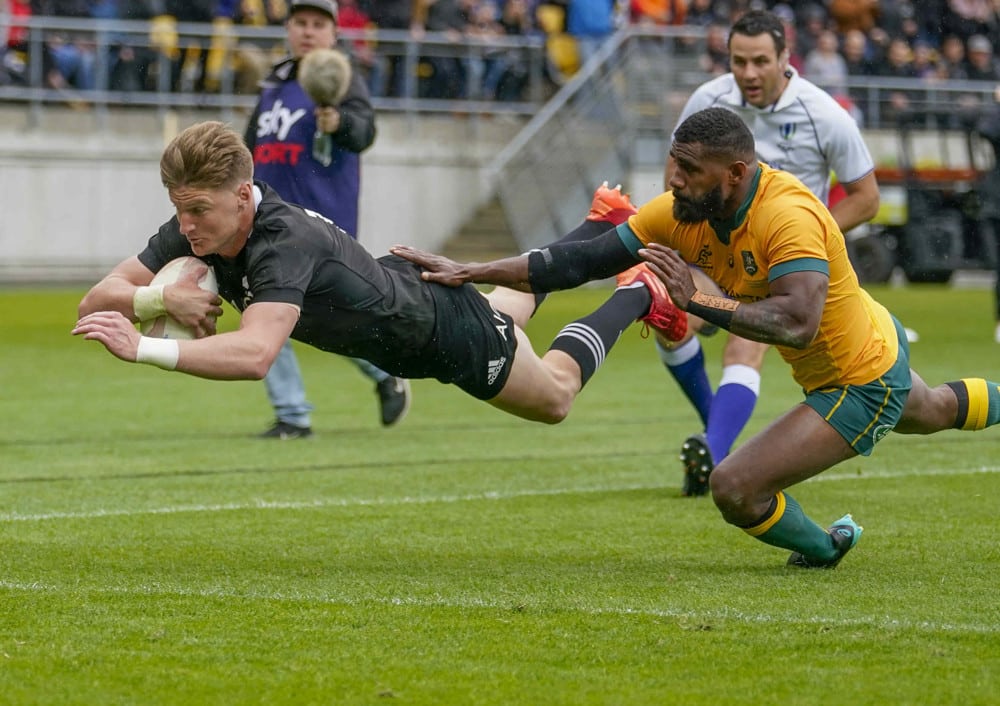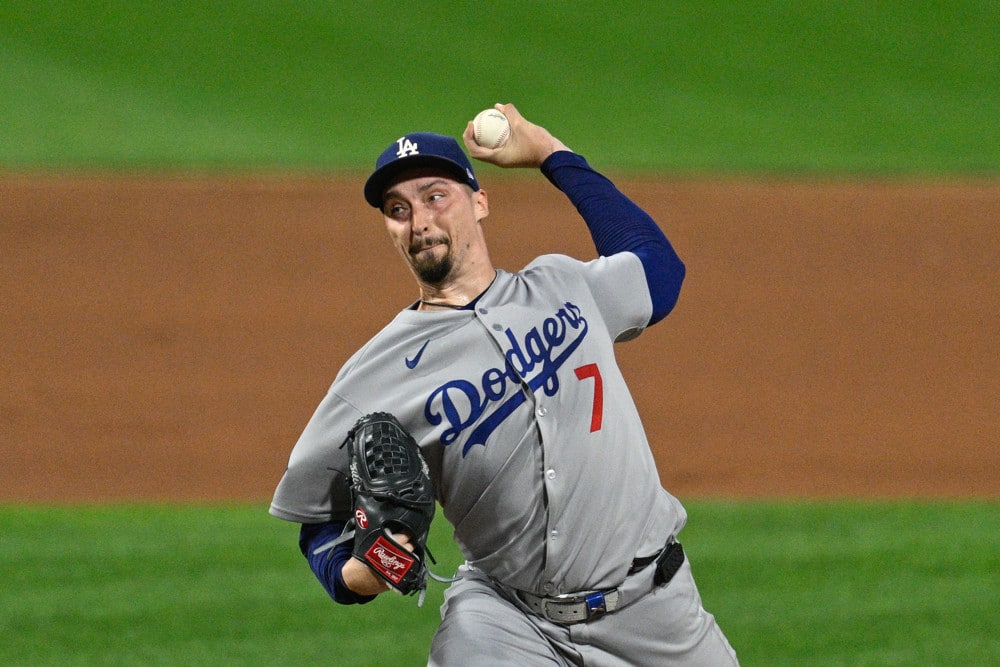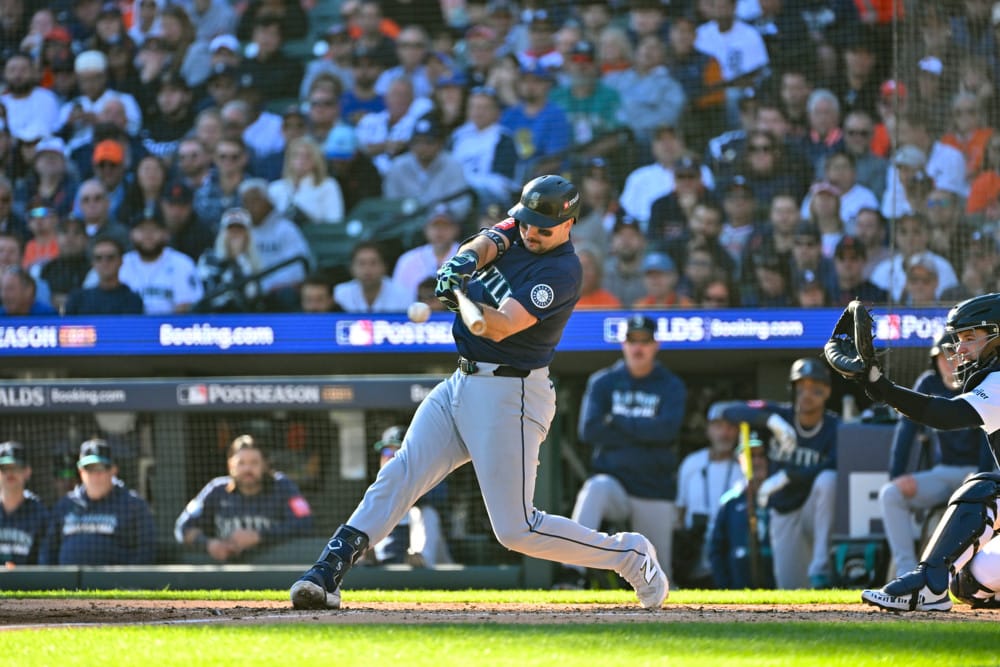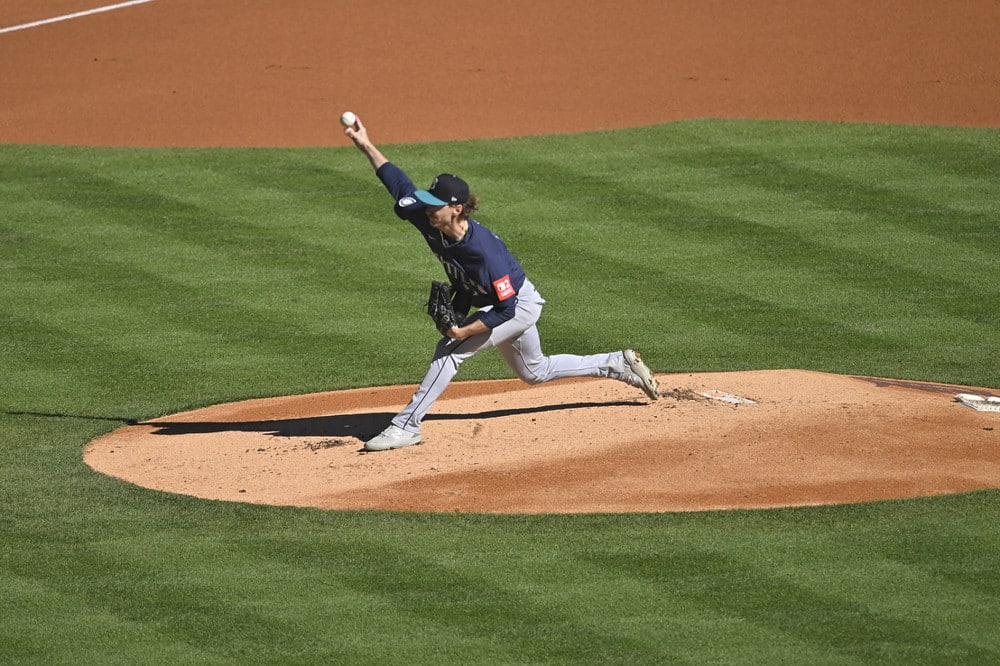 If you’re a sports fan, you may recall Kahu Tawhiti, a gambling expert from BestCasino, observing that “the unpredictability you’d want as a punter just isn’t there”. This was when discussing certain sporting events where outcomes seem predetermined. Yet that’s precisely what makes upsets so extraordinary. Consider that 93% of all money wagered at New Zealand TAB was placed on the All Blacks before their 2007 Rugby World Cup quarter-final against France. The odds were $1.14. The result was a 20-18 loss that sent shockwaves through the nation.
If you’re a sports fan, you may recall Kahu Tawhiti, a gambling expert from BestCasino, observing that “the unpredictability you’d want as a punter just isn’t there”. This was when discussing certain sporting events where outcomes seem predetermined. Yet that’s precisely what makes upsets so extraordinary. Consider that 93% of all money wagered at New Zealand TAB was placed on the All Blacks before their 2007 Rugby World Cup quarter-final against France. The odds were $1.14. The result was a 20-18 loss that sent shockwaves through the nation.
These were statistical anomalies that defied mathematical probability, each one documented in bookmaker ledgers as proof of sport’s capacity to humble even the most certain predictions. Historical betting odds provide something more valuable than hindsight; they offer a mathematical measure of how improbable these moments truly were, turning subjective upsets into quantifiable shocks.
What bookmakers got catastrophically wrong reveals something distinctive about New Zealand’s relationship with sporting glory. In many ways, they’re simultaneously the hunters and the hunted, which means they understand both sides of the upset equation better than most. Something we can all learn from.
When The Odds are Off
Historical betting odds don’t lie. They’re cold calculations based on form, history and probability. When those numbers prove spectacularly wrong, you’re witnessing something genuinely rare.
Consider Japan’s 34-32 victory over South Africa at the 2015 Rugby World Cup. Bookmakers offered 66-1 odds, with some stretching to 80-100/1. BBC Sport called it potentially “the biggest shock in Rugby World Cup history,” and the numbers support that claim. South Africa weren’t just favorites; they were two-time World Cup winners fielding a team with 851 caps between them. Japan had won precisely once in 24 World Cup matches across seven tournaments.
Then there’s the 2007 Cardiff catastrophe. France weren’t given much chance against an All Blacks side so dominant that TAB figures show 93% of betting money backed New Zealand. At $1.14, you’d need to wager $100 to win $14. The final score of 20-18 to France didn’t just upset predictions; it represented New Zealand’s worst-ever World Cup result at that time, according to ESPN’s match reports.
More recently, New Zealand’s women’s football team defeated Norway as +800 underdogs at the 2023 Women’s World Cup, securing their first-ever World Cup victory in six tournament appearances. Fox Sports reported that this result broke up numerous betting parlays and proved that even in 2023, bookmakers can still get it spectacularly wrong.
These odds indicated a shared blind spot where statistical patterns trump intangibles such as motivation, unexpected tactics, and the staggering burden of expectation. The closer the odds get, the more psychologically painful it is for punters or players.
The Beauty of an Upset
New Zealand occupies a rare real estate on the world sports stage. They are dominant in rugby and an underdog in nearly every other sport. That duality is what makes Kiwi upsets exceptionally special.
Ross Taylor captured this perfectly before the 2019 Cricket World Cup final: “Apart from the All Blacks, most New Zealand sides are underdogs, regardless of what sport they play. It’s something we have embraced.” That cultural identity means New Zealand athletes understand both sides of the upset equation in ways other nations don’t.
The evidence supports this unique position. France holds the most wins against the All Blacks among Northern Hemisphere teams (15 total victories) earning them the title of New Zealand’s “bogey team” despite the overall record favoring New Zealand 50-15. These aren’t flukes spread across a century. They’re consistent reminders that dominance never guarantees victory.
Western Samoa’s 16-13 upset of Wales in 1991 showed how tournament rookies could weaponize home-crowd pressure against established powers. This was Western Samoa’s first-ever World Cup finals match, played at Cardiff’s National Stadium. BBC Sport’s retrospective coverage notes this upset led directly to Wales being eliminated in the group stages; a humiliation at home.
Argentina’s 25-15 victory over New Zealand in 2020 represents another dimension of persistence against probability. This was Argentina’s first-ever Test match victory over the All Blacks after 29 previous attempts. The Telegraph reported that Los Pumas completed 152 tackles to neutralize New Zealand’s attack in what became statistically the All Blacks’ poorest offensive performance since facing the British & Irish Lions in 2017.
Perhaps this explains why New Zealanders can appreciate the beauty of an upset even when they’re on the receiving end.
When Favorites Forgot How to Finish
The most memorable upsets featured spectacular collapses from overwhelming favorites who appeared to have victory secured. These weren’t just about underdogs playing well; they revealed how quickly certainty can evaporate.
France’s 43-31 comeback in the 1999 Rugby World Cup semi-final stands as the ultimate example. The Irish Times called it arguably “the greatest upset in Rugby World Cup history,” and the match details justify that assessment:
- New Zealand led 24-10 with Jonah Lomu scoring tries
- France somehow scored 33 unanswered points
- The match was played at Twickenham, not French territory
- All Blacks were odds-on favorites, though specific figures weren’t widely documented
The 2007 quarter-final collapse followed a similar pattern. France came from 13-0 down against a New Zealand side that couldn’t possibly lose (until they did). ESPN’s match report from October 6, 2007, documents how this result shocked the rugby world and left NZ searching for answers about mental fortitude under pressure.
Japan’s 2015 upset of South Africa included a critical final-minute decision: go for the try and potential victory rather than settle for a penalty kick and likely draw. They chose glory over safety, and it paid off against a team that should have overpowered them in every statistical category.
In your mind, what’s more devastating: losing narrowly as a slight favorite, or being dominant in the first half only to watch all certainty dissipate? These upsets tell the greater story. That the mental burden of expectation can be even heavier than an opposing team or problem.
The Lovely Unpredictability
The casino odds found in the examples of upsets above (66-1, $1.14, +800) illustrate an important truth that bookmakers can never fully quantify. Humans can transcend statistical probability if the moment requires it. New Zealand sits in a unique position as both a rugby superpower and a sporting underdog, affording us a rich culture that appreciates both sides of that equation.
These moments are a reminder to you that odds all communicate probability and not possibility. For anyone who was watching when Japan scored that last try (or when France dug in for their comeback), those moments weren’t challenging mathematical possibilities; they were affirming the single most valuable proposition of sport: hope. Otherwise, why do we keep watching, keep betting, keep hoping?





















